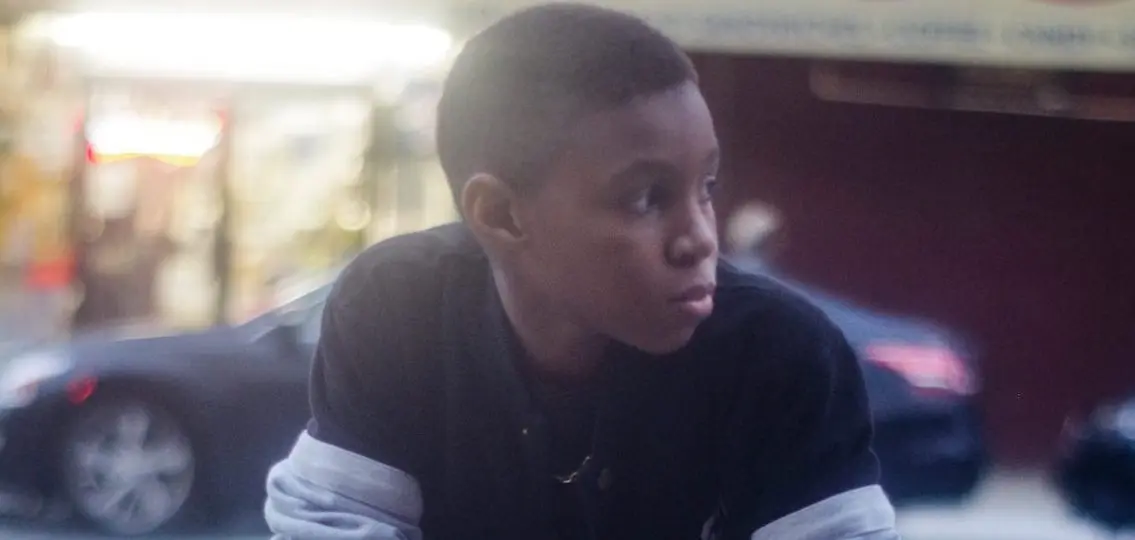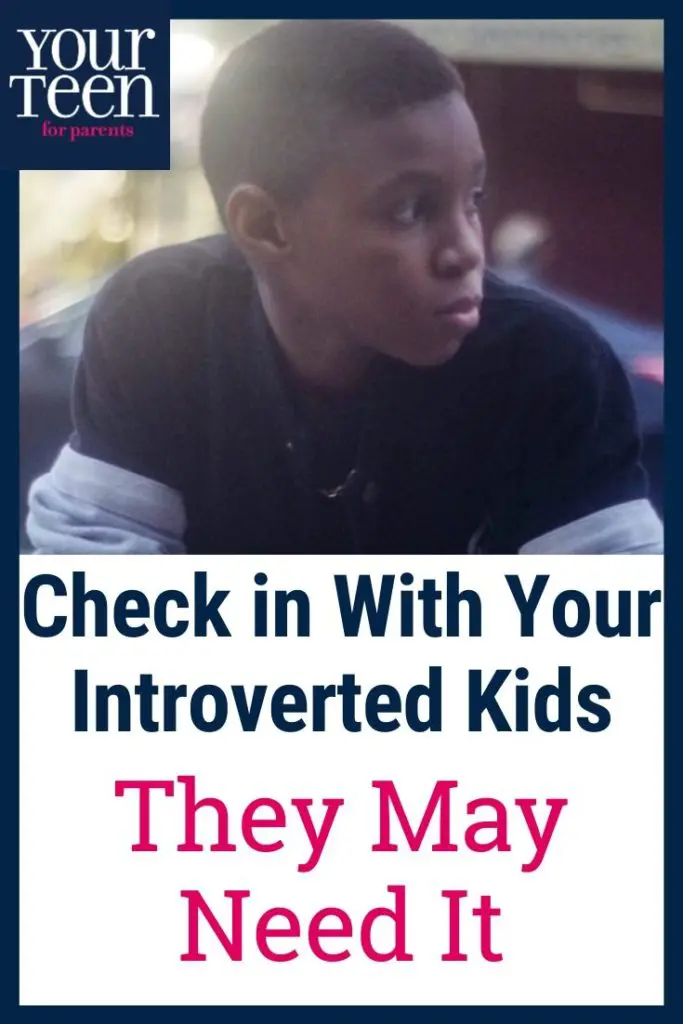One night over dinner a few weeks ago, I asked my 13-year-old son if he’d talked to anyone from his rock-climbing team. Like nearly everything else, the climbing gym had closed in response to our governor’s stay-at-home order, and my son suddenly found himself without his regular climbing regimen—and the positive interactions with his teammates that went along with it.

“No,” he mumbled.
“Why not?” I pressed. “Why don’t you just text somebody?”
He looked at me like I had two heads. “Mom,” he said, “can we please just stop talking about it?” He left the table in a huff.
Because he is by nature an introvert—someone who derives energy from being alone—it hadn’t occurred to me how the lack of climbing might be an issue for him. But clearly, I’d touched a nerve.
It turns out that, for younger teens like my son, social interaction is often dependent on the casual conversations and chance encounters that happen when kids are in school or on a team together, says Dr. Patricia Steckler, a psychologist and science writer in Westfield, New Jersey.
Without this social scaffolding, many teens have a harder time initiating connections, and this is especially true for introverts, who are more likely to experience social anxiety.
“It’s very easy to assume that these kids are fine,” Steckler says. “People assume they prefer to be on their own more and now they have what they want. But that’s a very simplistic, not nuanced, and inaccurate conclusion. Introverted kids don’t reject social interaction; they just want it in a different way. Suddenly when it’s not there, it can be just as depriving for them.”
This has proven true for Sarah M., a 15-year-old and self-defined introvert in Arlington, Virginia. Before schools closed for the year in mid-March, Sarah rowed with her high school crew team nearly every day. She feels the absence of that camaraderie deeply.
“One common misconception about introverted teenagers is that we don’t have any social interaction and that we spend all of our time on our phones,” Sarah says. “I can say for sure that this is not true. I love to hang out with other people and spend time with my teammates. But I need some time to myself after being around people for an extended period of time. I am missing being on the water with my crew team right now. Since I can’t see them in person, I have been trying to FaceTime and call my friends and family when I can.”
Although much has been said about how difficult social isolation has been on extroverts, who draw energy from being around others, extroverts may also have more experience and confidence about finding ways to connect in a suddenly altered world. “Introverts often don’t have the comfort level and social skills that an outgoing kid would, let alone taking the extra steps required for making contact during these times,” Steckler says.
Not being in school or clubs also deprives introverted teens of opportunities to increase their social confidence, Steckler adds.
This means that insecurities can build up. “The internal, anxiety-induced thoughts that accompany or spur social anxiety may too freely ruminate inside the heads of these teens now,” she explains, “because the distractions from school and the many random social interactions there have fallen away.”
I wondered if that was why my son was having a hard time connecting with his climbing peers, several of whom are in different grades than him and attend different schools. Although he still played Xbox with his closest neighborhood pals nearly every day, he no longer had the external infrastructure to allow for positive and confidence-building interactions with his team.
Thankfully for our son, the climbing gym began weekly team workouts via Zoom, which gives him face time with his peers. He also signed up for a nationwide weekly challenge run by the gym’s parent company, which allows him to earn points for various workouts and activities, and he’s garnered spots on the challenge’s regional and national leaderboards.
Social scaffolding, regular exercise, camaraderie, and healthy competition have all returned to his life, albeit in a different way.
Not all introverted teens will have these kinds of opportunities. And they’re long past the stage where parents can set up playdates and manage their social lives. But if your introverted teen seems to be missing social interaction, it might be worth building a little scaffolding for them—setting up a Zoom account if they don’t have one or suggesting ideas like a virtual book club, online gaming, or an exercise challenge with some close friends.

The most important thing, though, is to check in. “We can be under the same roof and still not know how everyone is doing,” Steckler says. “Asking neutral questions—what’s good and what’s hard about sheltering in place? What do you miss? The hubbub of the hallways? Spontaneous interactions? See if they’ll tell you. Since they can’t physically be with friends, when you can get them to engage, play games, or do something that gets the family laughing, it’s normalizing.”





